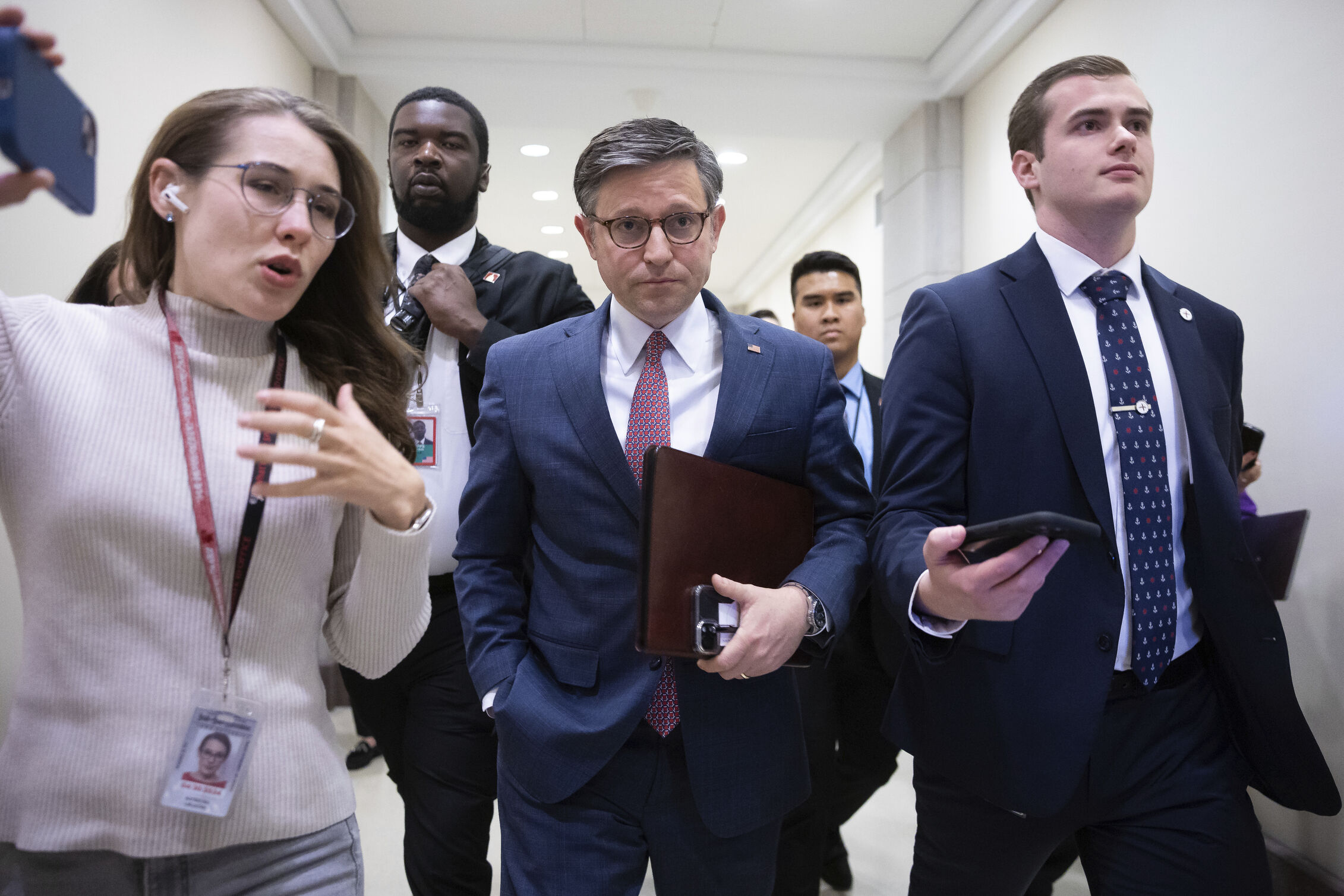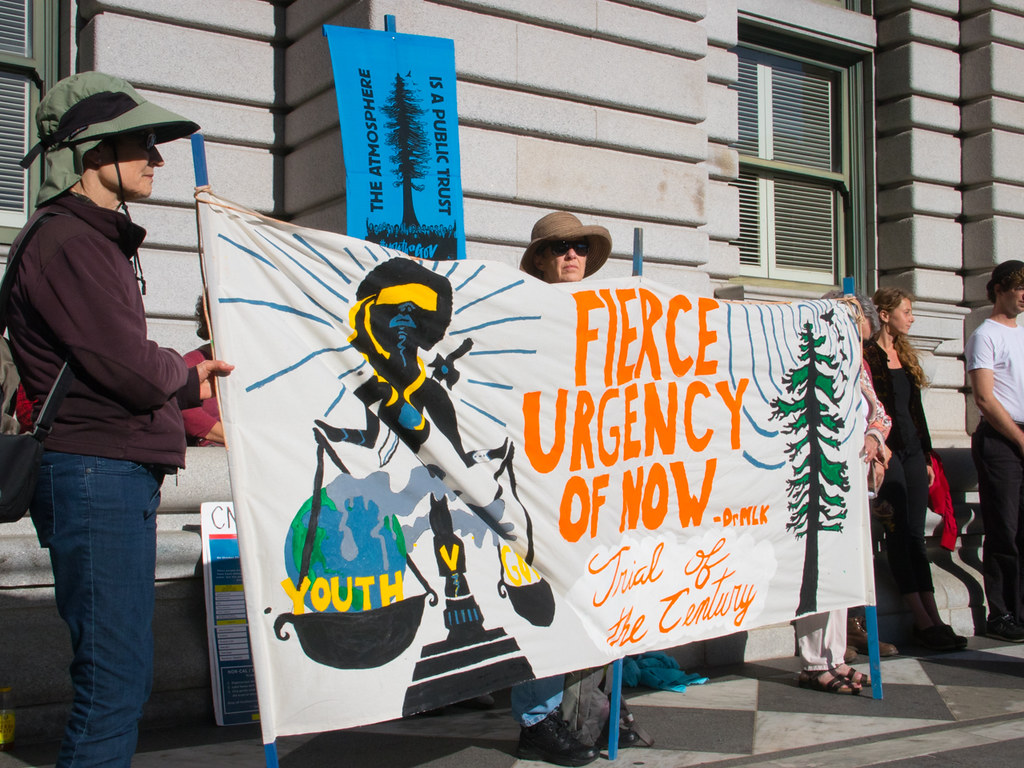Yemen Peace Talks Convene in Sweden, Saudi Arabia Grapples with Reduced Influence in Washington, Egypt Under Renewed Scrutiny for Student’s Death
Yemen Peace Talks Reach Deal for Prisoner Exchange
Published by The Lawfare Institute
in Cooperation With

Yemen Peace Talks Reach Deal for Prisoner Exchange
U.N.-mediated peace talks between the internationally-recognized government of Yemen and Houthi rebels began last Thursday in Sweden. After three days of indirect talks with mediators, the two sides met face-to-face on Sunday. On Tuesday, delegates agreed to a prisoner swap backed by the United Nations and Red Cross that will involve 15,000 detainees. Other arrangements to re-open the airport in Sanaa and de-escalate hostilities in Hodeidah are being discussed, but have reportedly been more difficult to negotiate. The government, which is backed by Saudi Arabia and the United Arab Emirates, threatened on Friday to continue its offensive against the strategic port city if the Houthis do not hand over control of the area, but Houthi officials have rebuffed the threat and said that Hodeidah is “not on the table.”
The new round of talks, the first in more than two years, is slated to end on December 13. “If we end up without any agreement then this round has failed," Mohammed Abdusalam, lead negotiator for the Houthi delegation, told Reuters. "But if we have a draft on some general framework, the reopening of Sanaa airport, the prisoners release, keeping the central bank neutral and a de-escalation in Hodeidah ... then this will be a good step to hold another round in one or two months." U.N. Special Envoy Martin Griffiths has expressed optimism about the delegates’ “positive spirit” at the talks, but diplomats and analysts have limited expectations. Peter Salisbury, writing for International Crisis Group, notes that, at this point, “[b]oth sides are disinclined to compromise,” but argues that the talks are an opportunity to set the stage for more productive negotiations. “Griffiths nonetheless should use the meeting to try to build momentum behind his peace plan and line up more substantive talks for 2019,” Salisbury writes. “If he can get the parties to at least agree to confidence-building measures—and follow up on them in the weeks and months after the talks—then he will be able to credibly claim that the UN-led process has new relevance.”
There are new pressures to wind down the stalemated war. The U.S. Congress has soured on the Saudi intervention, including some Senate Republicans who were convinced that Saudi Arabia’s aggressive foreign policy had gone too far after Jamal Khashoggi was murdered in October. There are also signs of strain within the Saudi coalition. The Washington Post reports that militias on the Saudi payroll have skirmished with one another in Taiz, a contested city under a partial blockade from Houthi forces. Mark Perry, writing in The American Conservative, reports that Sudanese mercenaries, sent by Sudanese President Omar al-Bashir in exchange for Saudi aid and open access to Emirati gold markets, are turning on their Saudi and Emirati officers after being used as “cannon fodder” and going without pay for months.
It also appears that the U.S. military has not followed the proper procedures for the refueling operations it has provided to the Saudi coalition, and now does not know how much the Saudis and Emiratis owe the United States. According to reporting by Samuel Oakford and Ryan Goodman published by The Atlantic, the Pentagon initially provided refueling support to the Saudis via a third-party arrangement with the Emiratis, but that arrangement only covered the first year of the war and third-party deals have since been banned by Congress. Since 2016, the United States has nominally been providing support under an acquisition and cross-servicing agreement (ACSA), which Oakford and Goodman describe “essentially bilateral treaties between the United States and a partner country that allow for the provision of military and logistical support.” According to a Department of Defense letter obtained by Oakford and Goodman, the Pentagon has now admitted to Congress that Saudi Arabia never completed the “internal procedures necessary for an Agreement to enter into force.” No formal arrangement has been in place, and as a result, Congress was never notified. In addition to not following the legal procedures for the providing logistical support to the Saudi coalition, the Pentagon has lost track of how much these operations have cost. “U.S. Central Command recently reviewed its records and found errors in accounting where DoD failed to charge the SLC [Saudi-led coalition] adequately for fuel and refueling services,” a Pentagon spokesperson told The Atlantic.
Members of Congress received the Pentagon letter last month, just before considering a bill calling for the United States to wind down its support to the Saudi coalition. “It is clear that the Department has not lived up to its obligation to keep Congress appropriately informed or its responsibility to secure timely reimbursement,” Sen. Jack Reed told The Atlantic.
Saudi Influence Wanes Despite Administration Ties
Congress’ growing opposition to the disastrous Saudi intervention, which most members have been willing to turn a blind eye to for the last three years, is just the most apparent manifestation of Saudi Arabia’s reduced influence in Washington. The scrutiny of Saudi Crown Prince Mohammed bin Salman’s aggressive foreign policy and domestic repression that has followed the murder of Washington Post columnist Jamal Khashoggi at the Saudi consulate in Istanbul in October has undermined Saudi efforts to influence the U.S. government.
New reporting sheds light on the extent of Saudi efforts to influence the Trump administration. Saudi diplomats identified Jared Kushner early on as an easy mark because of his “scant knowledge about the region, a transactional mind-set and an intense focus on reaching a deal with the Palestinians that met Israel’s demands,” according to a Saudi government report on the president’s son-in-law obtained by the New York Times. The Times details how MBS, Saudi officials, and other interlocutors including Trump campaign advisors and Emirati diplomats, cultivated a friendship between Kushner and the crown prince that has made him an advocate for Riyadh within the administration. The MBS-Kushner connection remains strong, despite efforts by White House officials to exercise more control over their communications, and that Kushner has even advised MBS on how to respond to reports of Khashoggi’s killing, “urging him to resolve his conflicts around the region and avoid further embarrassments,” the Times reports.
The Washington Post reported last week that Saudi lobbyists have also spent hundreds of thousands of dollars at Trump International Hotel, the Trump-owned establishment just blocks from the White House. Starting in December 2016, lobbyists hired by the Saudi government to block legislation critical of the Kingdom have booked about 500 nights at the hotel, spending more than $270,000 in the process. The Post previously reported that Saudi money also buoyed sagging profits at the Trump International in New York, which hosted much of MBS’ entourage in March 2018.
Those efforts to influence the Trump administration may have helped prompt Trump’s enthusiastic affirmation of support for maintaining status quo U.S.-Saudi relations, but have not persuaded Congress. Senators emerged from a closed-door briefing with CIA Director Gina Haspel last Tuesday outraged about testimony that many said left them convinced that MBS had been “complicit” in the operation that killed Khashoggi. According to Politico, Saudi officials recognize how toxic their lobbying efforts have become and scaled back, despite legislation on the Yemen intervention making its way through Congress. “The only voice that’s really been supporting the Saudis at this point has been the administration,” one Senate staffer told Politico. There are signs that the Saudis may be hoping things might slowly return to normal, though; Khalid bin Salman, the Saudi ambassador to the United States and brother of the crown prince who may have helped lure Khashoggi to the consulate in Istanbul, quietly returned to Washington last week after a two month absence.
New Attention to Security Forces Targeting Researchers in Middle East
Egyptian authorities released Muhammed Fathi Abulkasem, a 19-year-old British citizen, last week after detaining him since November. Egyptian authorities arrested Abulkasem at the airport in Alexandria and accused him of being a spy and “collecting information of a military facility” because he had taken a picture of a military helicopter. Abulkasem called his detention a “hellhole” in an online post and said that he “was ready to give up mentally and physically.”
Egypt is facing renewed pressure from the Italian government over the 2016 death of doctoral candidate Giulio Regeni. After years of obstruction from Egyptian investigators, Italian authorities have begun naming Egyptian security forces as suspects in his death. The Guardian reports that Italian prosecutors have identified 20 Egyptian individuals, including several senior officers in Egypt’s National Security Agency. Regeni is believed to have been targeted by government agents for his research on trade unions.
The renewed attention to the Regeni case follows the release of Matthew Hedges, another PhD student who was held by the United Arab Emirates on espionage charges until last month. Hedges has told reporters that he was tortured while in Emirati custody, suffered panic attacks that induced him to sign a false confession, and that Emirati authorities demanded that he spy on the British Foreign Ministry for them.
“The risks of research in countries across the Middle East have changed in recent years, in ways that may not be visible to academics who did their research in an earlier era,” Marc Lynch, professor at George Washington University, wrote recently for Monkey Cage. “The murder of Italian graduate student Giulio Regeni in Egypt and Hedges’s detention in the UAE are only the most prominent recent cases of escalating threats against academic research. Turkey has arrested thousands of its own academics as part of a broader crackdown on civil society. Iran holds several Western academics in its prisons on vague charges of espionage. Saudi Arabia has arrested many prominent civil society activists, including noted academics such as Hatoon al-Fassi. In this context, many academics now question the feasibility of doing politically sensitive research in many countries in the Middle East.”





